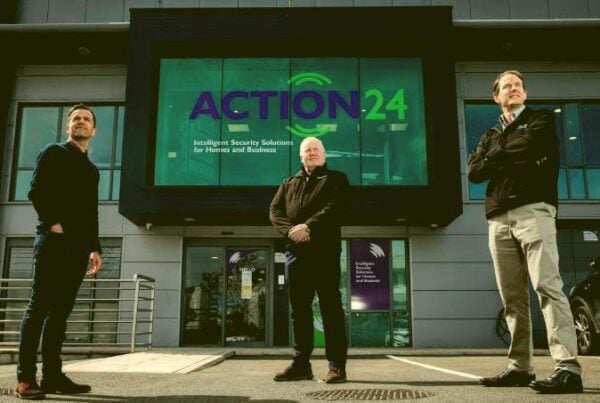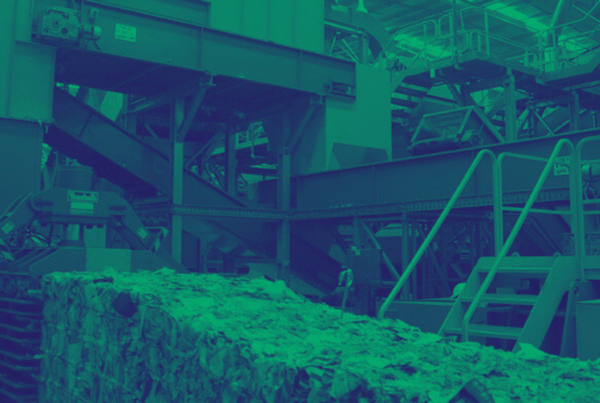Ireland is a country with a long history of agriculture and a rich food culture. However, despite the abundance of food produced and consumed, food waste and food insecurity have been significant issues in Ireland. According to the Environmental Protection Agency (EPA), Irish households waste one million tonnes of food every year, while one in five Irish households experience food insecurity. The disconnect between food waste and food insecurity highlights the need for coordinated efforts to bridge the gap. In this blog post, we will explore the causes and effects of food waste and food insecurity in Ireland, and discuss possible solutions to address these issues.
Causes of food waste
The causes of food waste in Ireland are varied, stemming from production, supply, and demand. At the production level, factors such as poor weather conditions, disease, and pests can result in food waste. Supply chain inefficiencies, such as overproduction and uneven distribution, can cause food to spoil before it reaches consumers. Finally, at the demand level, consumer behaviour, such as over-purchasing, improper storage, and arbitrary expiry dates, contributes to food waste. To address food waste in Ireland, stakeholders across the food system must collaborate and adopt a holistic approach. This includes investment in innovation to enhance production and supply chain efficiency, education and awareness campaigns to change consumer behaviour, and policy incentives to stimulate sustainable practices.
What is food insecurity?
Food insecurity in Ireland is defined as “the inability to achieve sufficient food quality or quantity to meet basic nutritional needs as a result of inadequate access to food due to financial or other constraints.” The causes of food insecurity in Ireland are multifactorial and complex, with poverty being the main driver. According to the European Union-Survey on Income and Living Conditions (2019), 15.7% of the Irish population live in poverty, with people on low incomes facing a greater risk of food insecurity. Other factors such as inadequate social welfare, high unemployment rates, and insufficient social housing add to the cyclical issue of food insecurity. To combat food insecurity, policymakers need to design and implement social protection schemes, including income support and emergency food aid, while also tackling the root causes of poverty.
Food Redistribution
One innovative approach to addressing the food waste and food insecurity gap in Ireland is food redistribution. Food redistribution involves using excess food from supermarkets, restaurants and food manufacturers, and diverting it to people in need. This approach results in a more sustainable and efficient use of food, reduces greenhouse gas emissions produced by food waste, and supports those experiencing food insecurity. The Irish FoodCloud, a social enterprise working to redistribute surplus food, has been successful in partnering with supermarkets across the country to coordinate the collection and distribution of unwanted food to communities in need. Initiatives like FoodCloud provide a positive example of how food waste can be turned into an opportunity to support those experiencing food insecurity.
Circular economy
Another way to tackle food waste and food insecurity is promoting sustainable and circular food systems. A circular economy framework prioritises reducing waste and maximising resource efficiency by keeping goods and materials in use as long as possible. One example of a circular food system is Community Supported Agriculture (CSA), which involves members of a community investing in a local farm and receiving a regular supply of fresh produce in return. This model prioritises sustainable and locally produced food, reducing the carbon footprint, while also supporting local communities and farmers. Other practices include reducing food packaging, composting food waste, and investing in innovative technology that can help monitor and reduce food waste.
Food waste and food insecurity are complex issues in Ireland that require a coordinated and multifaceted approach to address. Policy incentives, education and awareness campaigns, innovation, and initiatives such as food redistribution play a part in addressing these issues. We must work collectively to ensure that food is not wasted, and that everyone has access to sufficient and nutritious food. In Ireland it is not only possible but imperative for a sustainable and equitable society.
Research
- Teagasc.ie
- EPA.ie
- Irish Government food waste reduction plan
- What to put in your brown bin
- StopFoodWaste.ie
- 10 Creative DIY Compost Bins for Your Garden
#AreYouWithUs #GreyhoundRecycling #GuaranteedIrish #BinCollectionDublin #SkipHireDublin

Additional services from Greyhound:






